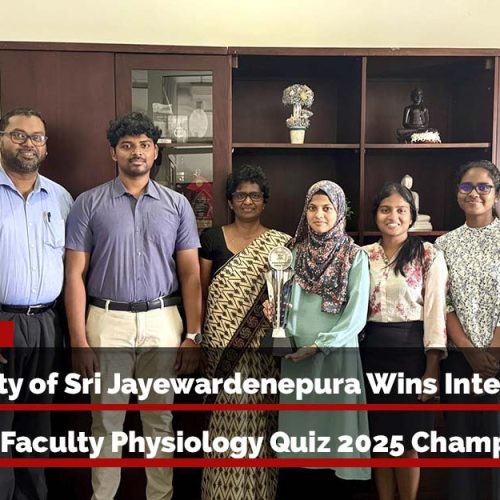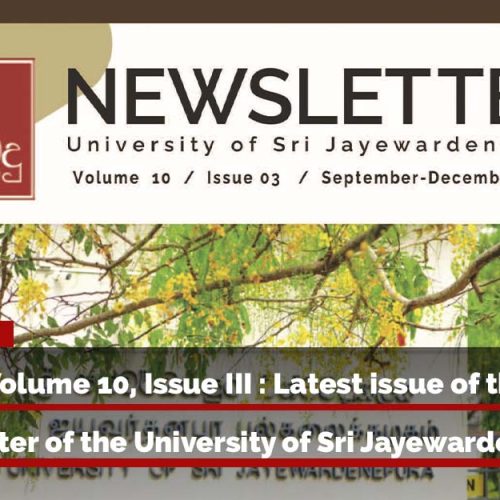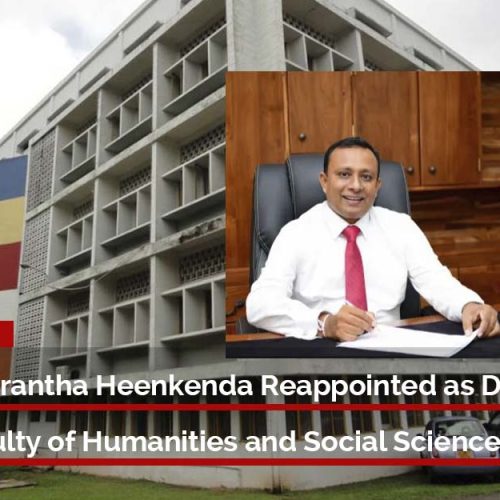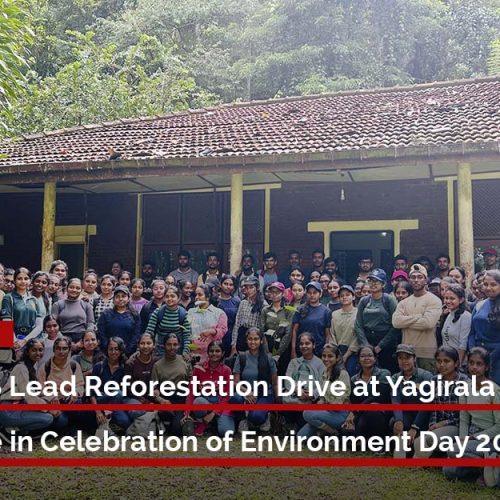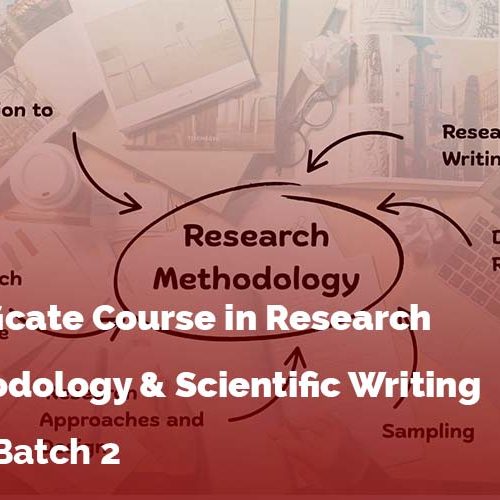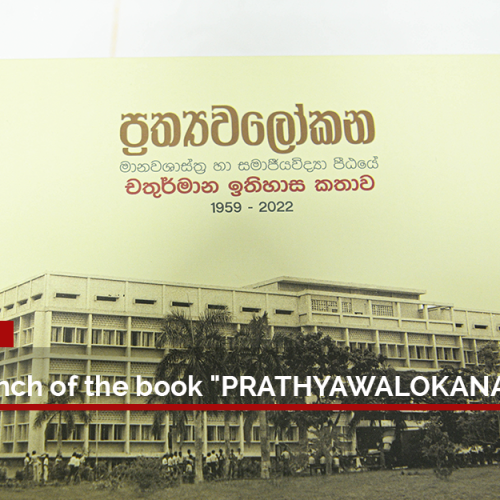Dengue is the world’s most common mosquito borne viral infection which is transmitted by several species of mosquito within the genus Aedes, principally A. aegypti. It’s so common that it makes headlines on newspapers everyday. Annually there are about 390 million infections all around the world and it causes a significant problem for Sri Lanka and many Asian countries.
But for this major issue, there is neither a proper vaccine to prevent infections nor effective antiviral drug. The prevention is only sought by reducing the habitat and the number of mosquitoes and limiting exposure to bites. In order to develop a safe and effective vaccine, researchers all around the globe try to expand the knowledge about dengue at the moment.
Although the number of infections is high, only around 10% develop apparent and severe forms of dengue infection which is called dengue hemorrhagic fever or shock syndrome. And 90% of the infected individuals show only a mild illness or do not show any clinical symptoms at all. The severe forms of dengue occur with increased leaking of fluid from the capillaries.
Dr. Neelika Malavige, Senior Lecturer in Department of Microbiology, Faculty of Medical Sciences; focuses on investigating the mediators that cause vascular leak in dengue. Dr. Malavige has identified a potential mediator and a clinical trial for a drug for the treatment is on progress.
Another aim of studies of Dr. Malavige is to find out why 90% of the infected individuals do not show severe dengue and what causes the virus to develop asymptomatic decease or protective immune response. Currently a large scale research project is being done, involving over 1500 individuals to find out the protective immune response to dengue. This study is mainly concentrated on T cell responses and antibody responses in dengue viral infection.
Selected Research Papers by Dr. Neelika Malavige
Platelet activating factor contributes to vascular leak in acute dengue infection.Jeewandara C, Gomes L, Wickramasinghe N, Gutowska-Owsiak D, Waithe D, Paranavitane SA, Shyamali NL, Ogg GS, Malavige GN. PLoS Negl Trop Dis. 2015 Feb 3;9(2):e0003459. doi: 10.1371/journal.pntd.0003459. eCollection 2015 Feb.
- Sphingosine 1-phosphate in acute dengue infection. Gomes L, Fernando S, Fernando RH, Wickramasinghe N, Shyamali NL, Ogg GS, Malavige GN.
Perinatal transmission of dengue: a case report. Sinhabahu VP, Sathananthan R, Malavige GN. BMC Res Notes. 2014 Nov 14;7:795. doi: 10.1186/1756-0500-7-795.
Dengue NS1 antigen as a marker of severe clinical disease. Paranavitane SA, Gomes L, Kamaladasa A, Adikari TN, Wickramasinghe N, Jeewandara C, Shyamali NL, Ogg GS, Malavige GN. BMC Infect Dis. 2014 Oct 31;14:570. doi: 10.1186/s12879-014-0570-8.
Identification of aero-allergen sensitization in children seeking treatment for bronchial asthma at a tertiary care hospital for children in Sri Lanka. Senanayake MP, de Silva R, Jayamanna MD, Jayasinghe JA, Ratnayaka D, Jayasuriya V, Malavige GN. Ceylon Med J. 2014 Sep;59(3):89-93. doi: 10.4038/cmj.v59i3.7469.
http://pmj.bmj.com/content/80/948/588.short
Pathogenesis of liver involvement during dengue viral infections
http://trstmh.oxfordjournals.org/content/100/7/608.short
Read More…


